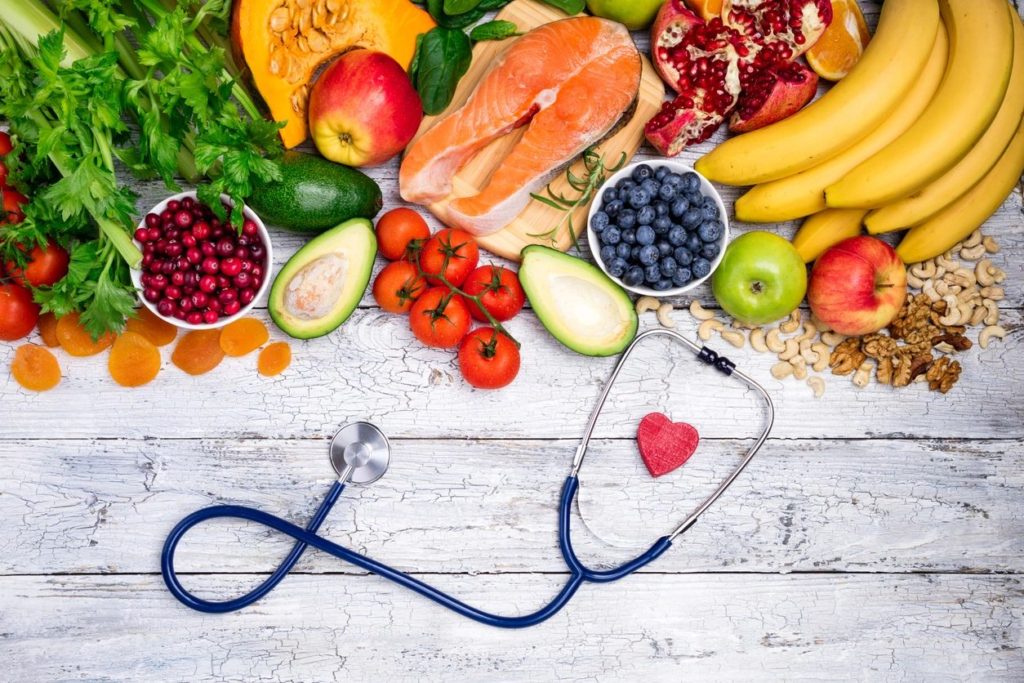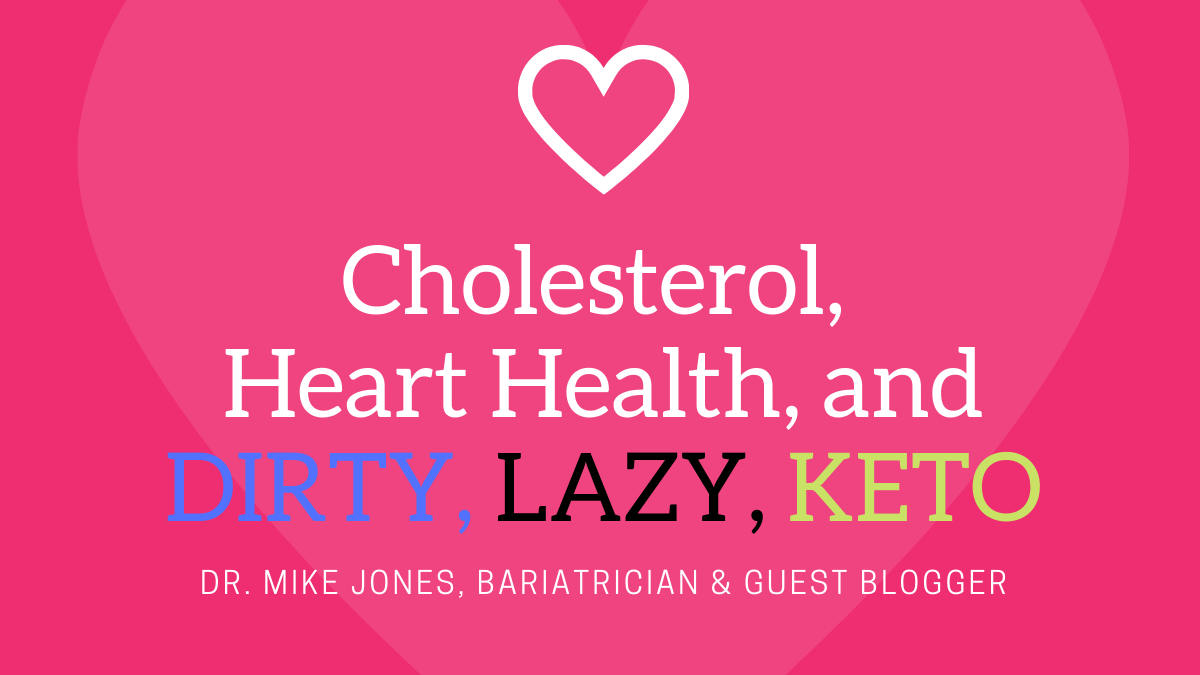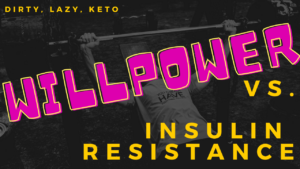The doctor is in! Joining us as a guest blogger: Dr. Michael W. Jones, DO, MBA, FAAFP, Medical Bariatrician – Specializing in the treatment of obesity and obesity-related disorders.

There has been and continues to be much debate on the internet, news media and even among healthcare professionals regarding the safety (or lack thereof) of a high-fat diet, like the ketogenic diet, particularly in those at risk for cardiovascular disease[1].
There are varied and mixed reviews in the medical literature on this issue. Perhaps we should start by pointing out that where we used to believe there to be a nearly 1:1 correspondence between elevated “bad” cholesterol (LDL) and low “good” cholesterol (HDL), we now have abundant evidence that this is not quite so simple.

That is to say, there are individuals with wonderful cholesterol numbers who develop significant cardiovascular disease and others with what would be considered very poor numbers who do not. This, at least in part, has to do with the carrier proteins called “apoproteins” (however, this is outside of the scope of this brief discussion.)
Practically speaking, what we tend to see in individuals on high-fat diets is certainly a bit varied, however, a common trend is an improvement in triglycerides (the lipid most commonly stored in our fat cells) and a rise in HDL (the “good” cholesterol). In some cases, though certainly not most, we do see elevations in the total cholesterol and LDL while on a ketogenic diet. Most often these are mild to moderate elevations and have yet to show an increased cardiovascular risk even in those in whom these numbers do rise a bit.

[1] https://www.ncbi.nlm.nih.gov/pmc/articles/PMC2716748/
In those using a ketogenic diet as part of the treatment of obesity, I would suggest that even if it were shown to pose some increased risk, the benefit of a significant and sustained reduction in body fat mass will almost always outweigh such risk.
A brief aside, remember that while the ketogenic diet is a high-fat diet, it IS NOT a high protein diet (as is another well-known diet plan). Rather, it is a moderate protein diet. I avoid high protein diets long-term for two reasons. First, it can be tough on the kidneys over time. Second, our bodies can use amino acids from excess protein and turn it into sugar – if you are doing a very low carb diet, this is the very thing you are trying to avoid.
So, my advice…
Usually, the best dietary strategy to treat obesity for you is the one you will actually do and do well.
If the ketogenic diet fits this description for you, there are very few instances where I would try to dissuade you from it. I would, however, recommend that as you consume a high-fat diet you lean as heavily as possible toward the unsaturated fats, particularly the poly-unsaturated fats (i.e., avocados, fish (especially the tiny fish like anchovies, sardines, mackerel and herring), olive oil, avocado oil, etc.).
Never miss an update! Be sure to subscribe to the free DIRTY, LAZY, KETO newsletter http://bit.ly/DIRTYLAZYKETO
Do Healthy. Be Healthy!
Need more support? Stephanie also leads a small group, premium keto support group on Facebook – for women only.
Related Articles:




